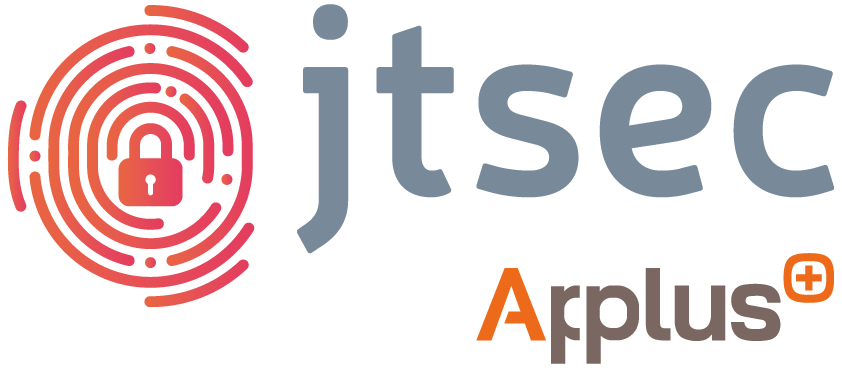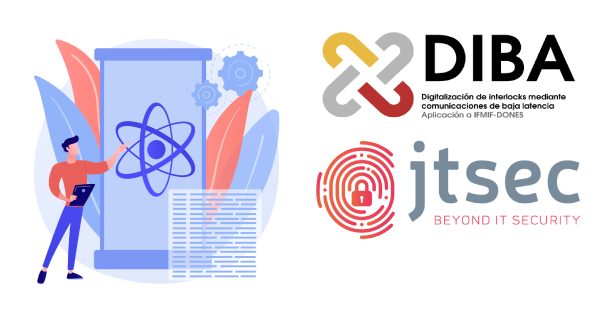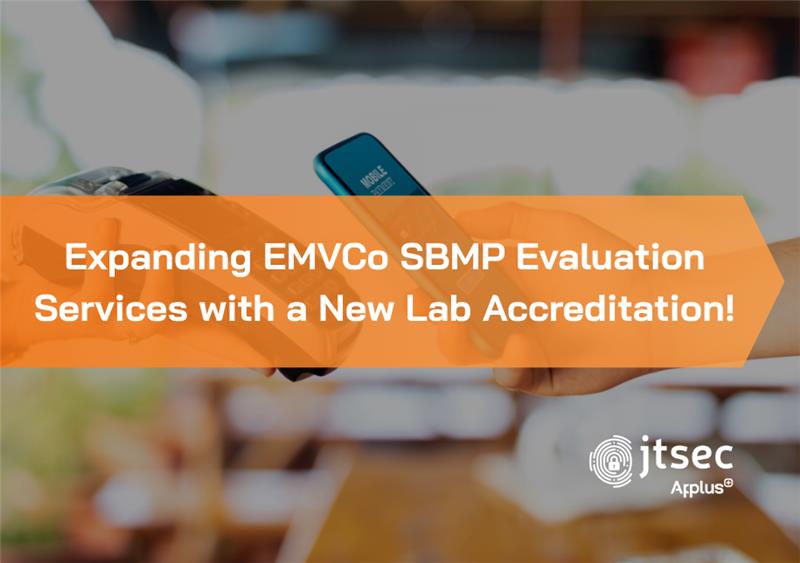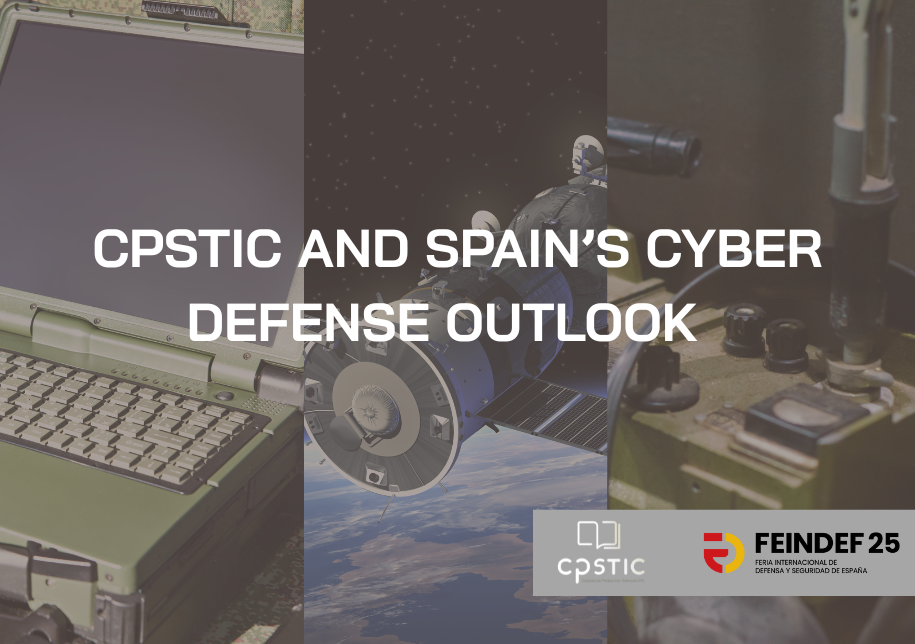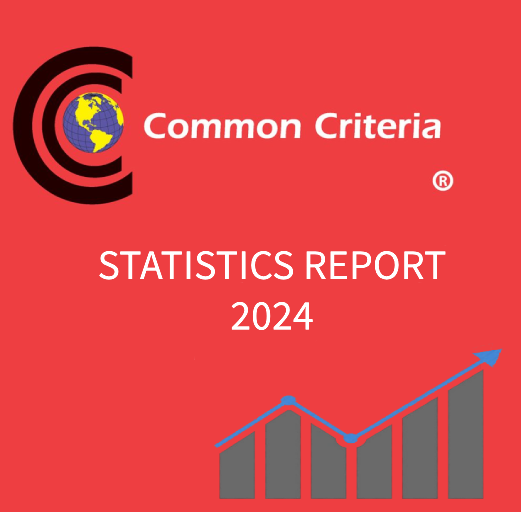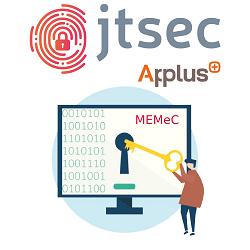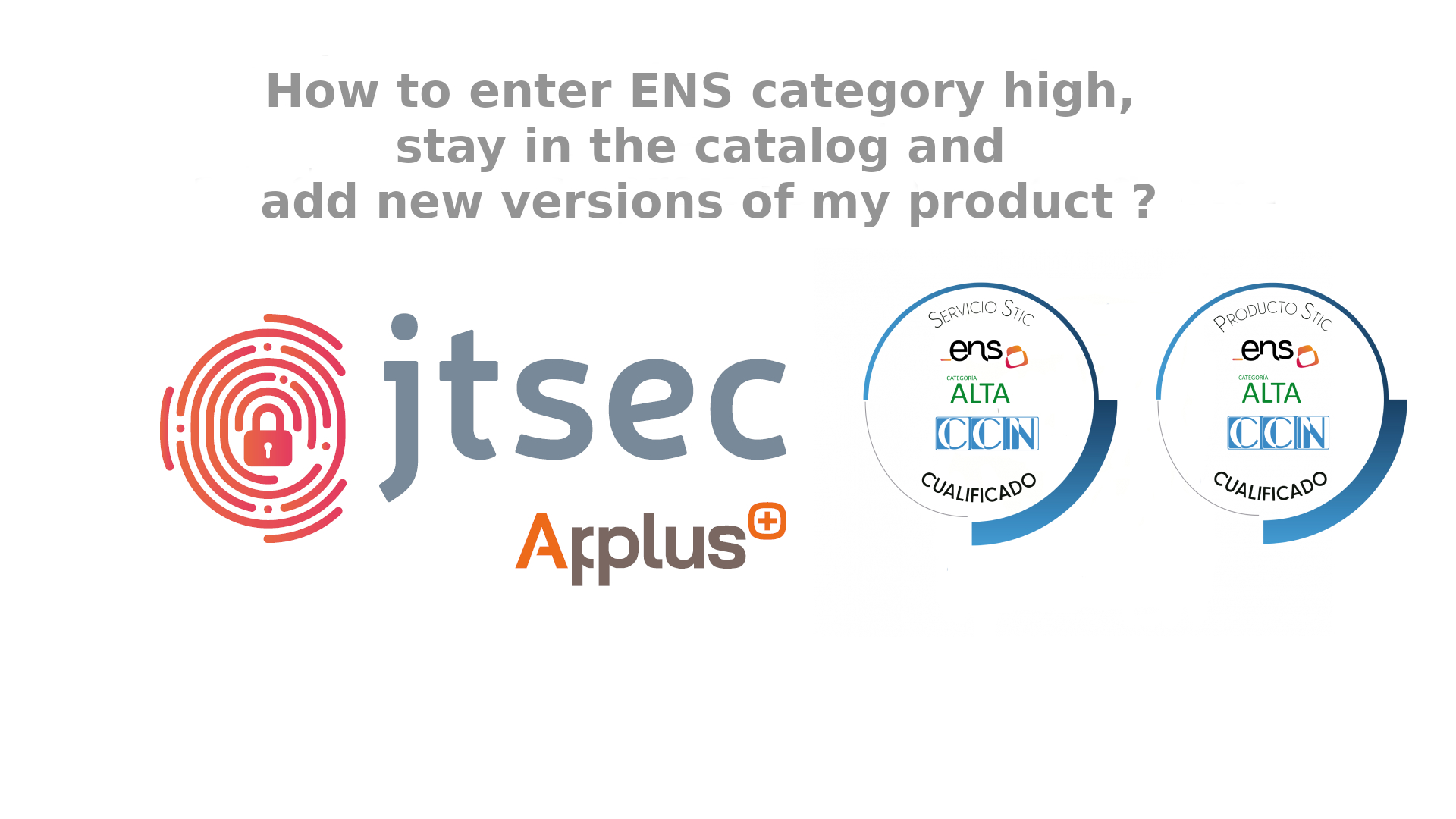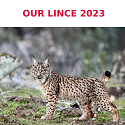These weeks have been very special, and there are projects that we are particularly excited to assume. The DIBA project (Digitalization of interlocks through low latency communications: Application to IFMIF-DONES) has been selected by the Next Generation EU funds to be carried out in the coming months, this first phase is scheduled to end in August 2022.
What is DIBA?
DIBA (Digitization of Interlocks through Low Latency Communications) has as its main objective the design of sensors and digitization of interlocks through low latency communications main objective is the design of sensors and digitization of the signals produced for their subsequent deterministic, secure and subsequent deterministic, secure and ultra-low latency transmission.
DIBA will address the design, study and development of a neutron radiation sensor linked to generation of interlocks for their subsequent transmission over reliable, cyber-secure and deterministic Ethernet networks. deterministic Ethernet networks.
Within the European initiative, Spain and Croatia were the European countries that showed interest in hosting a prestigious infrastructure, IFMIF-DONES. Finally, Croatia decided to support the Spanish candidacy by signing a collaboration agreement to host this prestigious infrastructure in Granada.
This new concept will be investigated in the framework of the IFMIF-DONES particle accelerator. Spain bids to host this infrastructure was presented in Granada, the largest scientific infrastructure in the country and a unique reference in the world for the testing of materials that will form the core of the materials that will make up the core of future fusion reactors. This solution will be applicable not only in the case of IFMIF-DONES but also in other automated/robotized industrial plants developed under the Industry 4.0 paradigm, which will be the main driver for the modernization of the industry.
Who composes the consortium and how will it be developed?
Having institutions and companies of the prestige of the UGR (University of Granada), Ontech Innovation, 7 Solutions (currently Orolia) and AARON in the project is a sign of the potential of DIBA.
The project is divided into 5 work packages, which have been marked so that its evolution is adequate and reaches a successful conclusion. These packages are as follows:
jtsec participation in the DIBA project
jtsec participation in DIBA focuses on including and assessing cyber security in the entire lifecycle for critical IFMIF-DONES systems.
Our participation is divided into three phases:
Phase 1
Phase 2
Phase 3
Conclusions
This is only the first of the three stages set out in the roadmap for the creation of DIBA. Collaborate in improving the cybersecurity of a pioneering project at European level, which is the stage prior to the commercial implementation of fusion reactors, the aim of which is to generate energy from thermonuclear fusion.
 DIBA es una Iniciativa Financiada por el Ministerio de Industria, Comercio y Turismo, como parte del Plan de Recuperación, Transformación y Resiliencia, con los fondos Next Generation EU de la Unión Europea.
Referencia: AEI-010500-2021b-12
DIBA es una Iniciativa Financiada por el Ministerio de Industria, Comercio y Turismo, como parte del Plan de Recuperación, Transformación y Resiliencia, con los fondos Next Generation EU de la Unión Europea.
Referencia: AEI-010500-2021b-12
